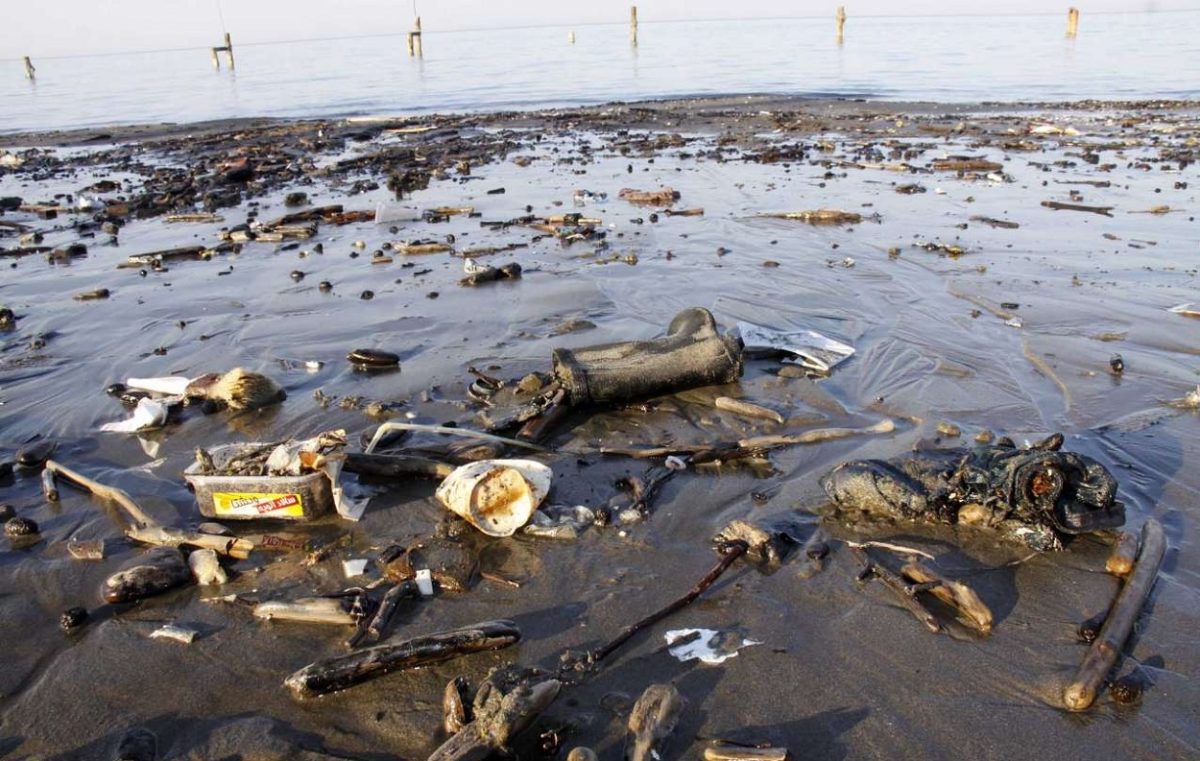Iran’s Environment Department, in its latest report, says 122,000 tonnes of pollutants annually contaminate the Caspian Sea.
The landlocked body of water, with 48 billion barrels of oil and 8.3 trillion cubic meters of natural gas in proven areas, is rich in hydrocarbon reserves which serve both as a boon and bane.
Pollutants caused by oil exploration and extraction, agricultural drains, industrial effluents, and domestic and urban sewage have been choking the ecosystem in the sea.
The Caspian Sea is the natural breeding ground for some of the best sturgeon species and home to 575 species of plants, 1,332 species of animals and 850 species of fish.
Uncontrolled construction of buildings on the coasts, heavy traffic of commercial ships, destruction of rivers leading to the sea, as well as poaching aquatic animals, especially the rare Caspian seal and sturgeon, have endangered the ecosystem and has threatened its species.
Iran, Russia, the Republic of Azerbaijan, Kazakhstan, and Turkmenistan are Caspian Sea littoral states.
